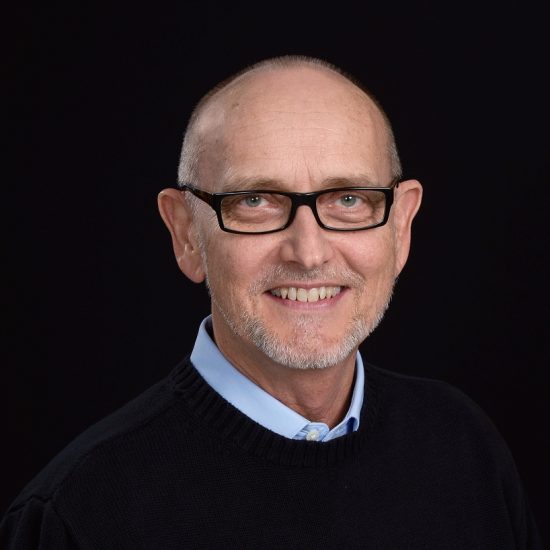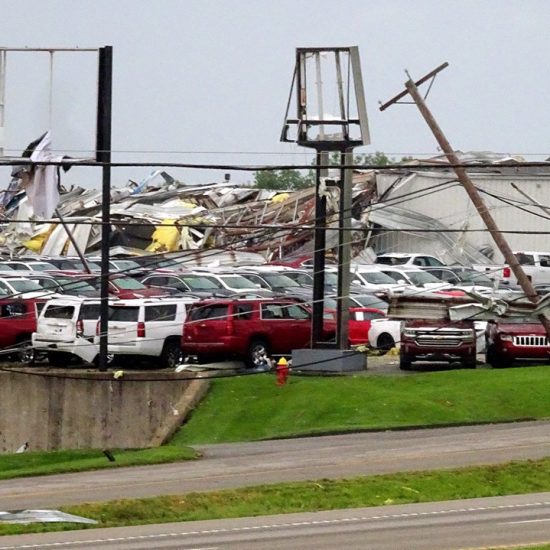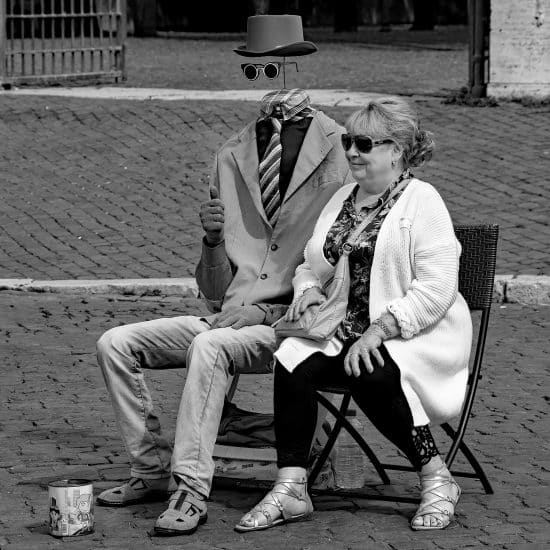BRIDGETON — The church must bring hope because everybody matters to God, Doyle Sager told attendees at Churchnet's Annual Gathering April 13-14 at Fee Fee Baptist Church in Bridgeton.
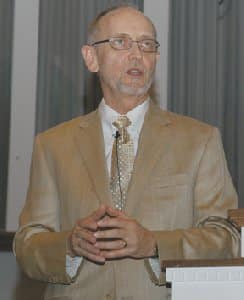
Doyle Sager
|
Sager referred to the book, Bury My Heart at Wounded Knee, in which a young Native American becomes a doctor and returns home to South Dakota to serve the people. He was aware of the people's physical needs, but also noted that "of equal concern is the epidemic of hopelessness."
The Churchnet president pointed out that he has seen the hopelessness of young couples, of senior adults, of those who line up at food pantries and clothes closets and of teens struggling to stay away from drugs. "The epidemic of hopelessness is all around us," he said.
First Baptist Church in Jefferson City, which Sager serves as pastor, partners with a local school, offering mentoring and other assistance. That connection helps church members to be aware of the hopelessness that some children face. Sager related that one day a child asked a mentor, "Ms. Heather, do you think I'm worth being loved?"
Drawing from Matthew 18:1-14 and 1 Corinthians 15:58, Sager pointed out that the stone used to grind grain in Jesus' day was called the donkey stone. Jesus declared that those who cause children to stumble should get cement shoes and be thrown into the river, the pastor said.
Jesus wasn't willing to leave anyone behind, Sager told listeners. When he realizes a sheep has wandered away, the shepherd should leave the 99 in the flock and go find the lost one. "That's not a good farming method, but the shepherd goes after the one, defying all logic," Sager said.
He told a story about his brother being left at school when a snowstorm forced the school to close early. Though three of her four children had gotten off the school bus and come home, Sager's mom wasn't happy. "I learned three out of four is just not enough," Sager said. "And with God, 99 of 100 is just not enough."
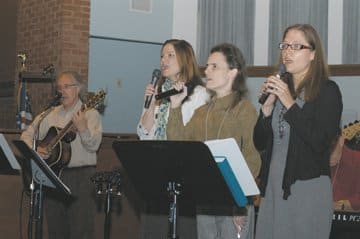
The Worship Ensemble from Southwest Baptist Church in St. Louis led the Saturday morning service for the Churchnet Annual Gathering at Fee Fee Baptist Church in Bridgeton on April 14. (Bill Webb photo)
|
Sager said he starts church announcements and budget discussions with the phrase, everybody matters. His son-in-law had written about the "somebodies" and the "nobodies." Jesus slowed down to care about everybody.
Working in the church can be discouraging because sometimes members take three steps forward and four steps back. Does sharing hope make a difference, does it matter? Sager asked.
A group from First Baptist, including Sager's wife Janet, helped with clean up in Joplin shortly after a tornado cut a swath through the town last year. She described their efforts as moving sand one grain at a time. Sometimes believers feel that way with meeting needs through the church.
Sager pointed to 1 Corinthians 15. The first 57 verses are the introduction, Sager said, with the 58th verse as the "sermon." Because of the resurrection, believers must be steadfast, always abounding, because nothing is in vain or wasted, Paul explained in the passage. "Because Jesus lives, it all matters," Sager said.
He added that for years First Baptist was known as "the Baptist Building church" because many employees were members. But the church underwent a "great seismic change" in the 1990s and early 2000s as the Missouri Baptist Convention shifted to a conservative-fundamentalist position. That change was a "theological matter" for some longtime Baptist Building workers. It caused them to ask: "Has everything I've done been wasted?"
Sager encouraged listeners that their work is important. "I don't know what you're going home to…but we go back to share hope…because it all matters…that everyone is somebody…. Because of the resurrection, be steadfast…. Your work is never, ever in vain."

